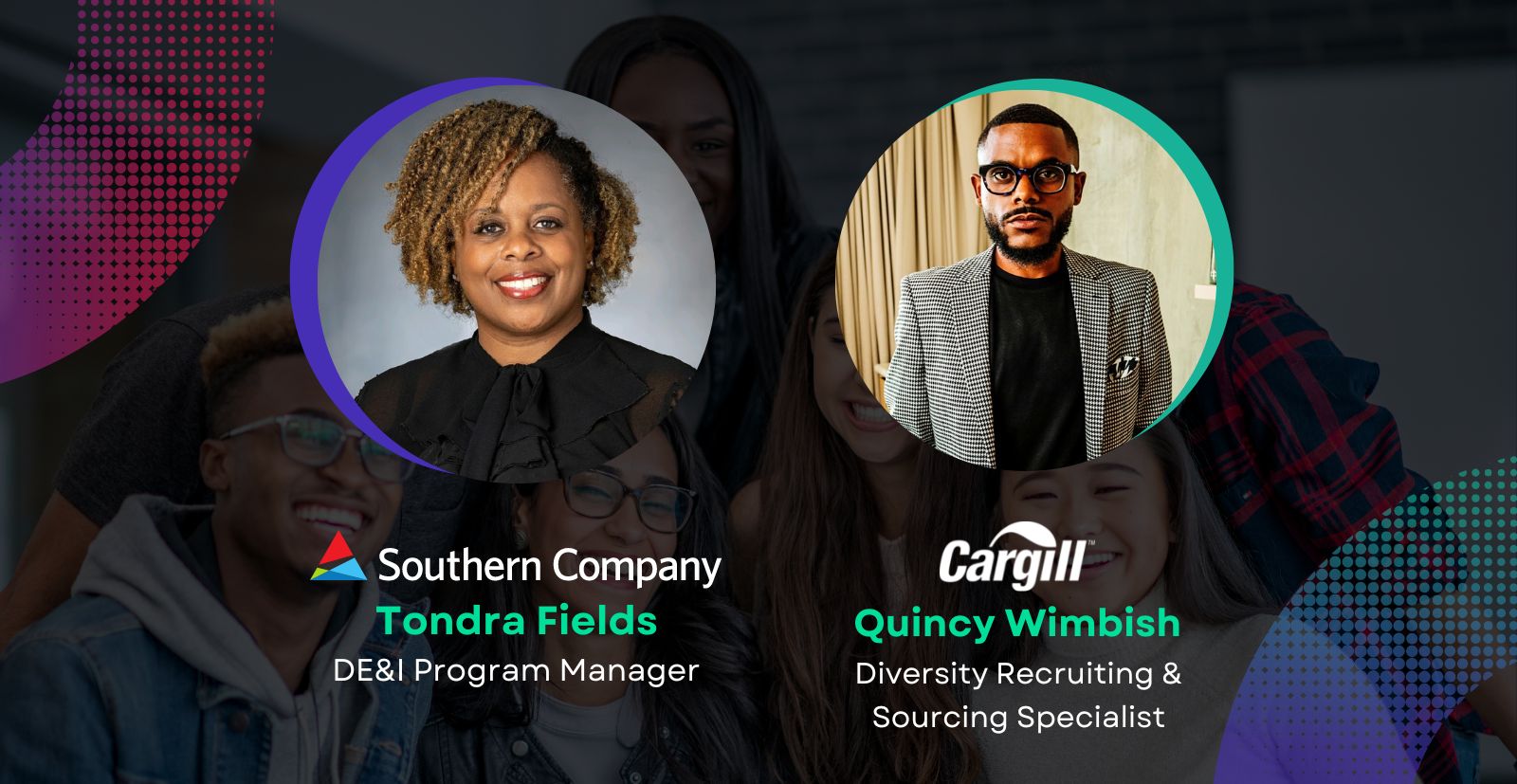“So, tell me about yourself…” As an intern manager, you are tasked with making sure the interns you hire are a right fit for the company and are set up for success in their positions. Because many interns, especially those applying for their first internships, might not have directly related work experiences, asking the right questions is important.
Here are some top interview questions for managers to ask your future interns, why, and examples of quality answers. If you are looking for more information on hiring remote interns check out Symba’s Top Skills to Look for When Hiring Remote Interns. If you’re an intern reading this post, use these questions to prepare for your next interview.
Why do you want to intern here?
This question gauges the intern applicant’s interest in your company and tests if they did their research. An internship isn’t about just getting a job; an internship is an opportunity to gain relevant experiences directly in the student’s desired industry. Interest in the company will lead to higher rates of engagement and increased positivity from the intern. This will result in more valuable experiences for both you and the intern.
The best answer points out specific aspects of your organization that they’ve read about. For example, if you’re an ad agency, the intern might talk about a recent ad campaign you’ve run. If you’re a pharmaceutical company, perhaps the intern will mention a research paper they’ve written on a drug you manufacture. Of course, not every answer will be that specific, but limited knowledge of your company shows a lack of preparation.
Why did you decide on this field of study?
This question can help you discover the intern’s passions and what led them to explore the field. See if the intern begins to speak more animatedly to convey their passion. The internship experience will be all-around better if they show a genuine interest in the field.
What do you hope to achieve after graduation?
This question is goal-oriented. While they might not know exactly what they want to do when they graduate, their answer is indicative of how far ahead they look. Planning is important, especially if the internship is during the school year or involves tight deadlines. The intern should show an ability to think proactively while keeping flexibility top of mind.
Also, look for an answer that explains why they hope to reach that goal. The why is just as important as the what. Their answer will give you insight into what motivates the intern.
What do you expect to get out of this internship?
It’s important to set expectations during the interview. Use this question to figure out what they hope to gain to see if it matches with what you can and will offer. There is no best answer here, but the intern should customize their answer to your organization.
High expectations are a good indicator that they are a voracious learner and are eager to contribute to or even own projects. Moreover, the potential intern may be a quality candidate, but the program may not align with expectations. Asking this question helps orient the intern to what they can expect and what an employer can be expected to do.
What are the top skills you can bring to this internship and how?
Internships are two-way relationships, during which your organization provides valuable learning experiences for interns and interns help you complete projects and even come up with new ideas. Asking this question will help you understand how the intern can help your company. The “how” is important because it frames the question so that they have to provide examples. Good answers will have the proof to back up the skills they list.
What are some relevant courses you’ve taken in college and how do you think they have prepared you for this internship?
This question takes into account that an internship is often the first job held by many students. Ideally, the applicant is studying in a relevant field to the internship. Classes, whether hands-on or not, can be helpful in teaching important concepts required for succeeding in an internship.
Even if an applicant’s field of study is not directly related to the internship, other courses can be useful in preparing them for the role. A drama student might be interested in TV journalism; they could cite how their theater classes prepared them for public speaking and concentrating in the face of many distractions. Keep an open mind, and assess where the intern’s strengths lie and how they line up to the skills that you require.
What extracurricular activities do you participate in?
An intern that engages in different activities outside of class, such as clubs, student organizations, and volunteering, will likely have unique experiences they can extend to their internships.
Participation in extracurricular activities also shows a desire to work with other people. In addition, if they hold or have held leadership positions in their clubs, they are more likely to be self-starters and actively involved in projects during the internship. Someone that seeks leadership positions will raise their hands and volunteer for more work.
Keep in mind that not all students will be in a position to participate in many extracurricular activities. Perhaps they have a family member they need to take care of or they need to work. Be empathetic with everyone’s circumstances.
Tell me about a time when you faced difficulty and how you overcame it.
Conflicts arise at work all the time. Use this behavioral interview question to test how the intern applicant deals with and resolves conflict. Did they learn from a past experience or avoid it all together? Look for an answer that focuses on how they overcame the difficulty and not the actual difficulty faced. If the difficulty pertains to interpersonal relationships, this question can also be a good assessment of teamwork skills.
Do you have any questions for me?
Generally, if an intern has done their research, they will have questions for you. Take the last 5-10 minutes of your interview to answer these questions. Who knows? You could learn something new about them as well.
Around 50% of interns receive full time offers after their internships; they are the future of the workforce, which is why it’s important to recruit the right interns. Use these questions to guide your intern interviews and find the best fit interns for your organization.
For more information on best practices for remote internships and Symba’s remote internship management software, sign up for a demo.
By Ellen Zhang





